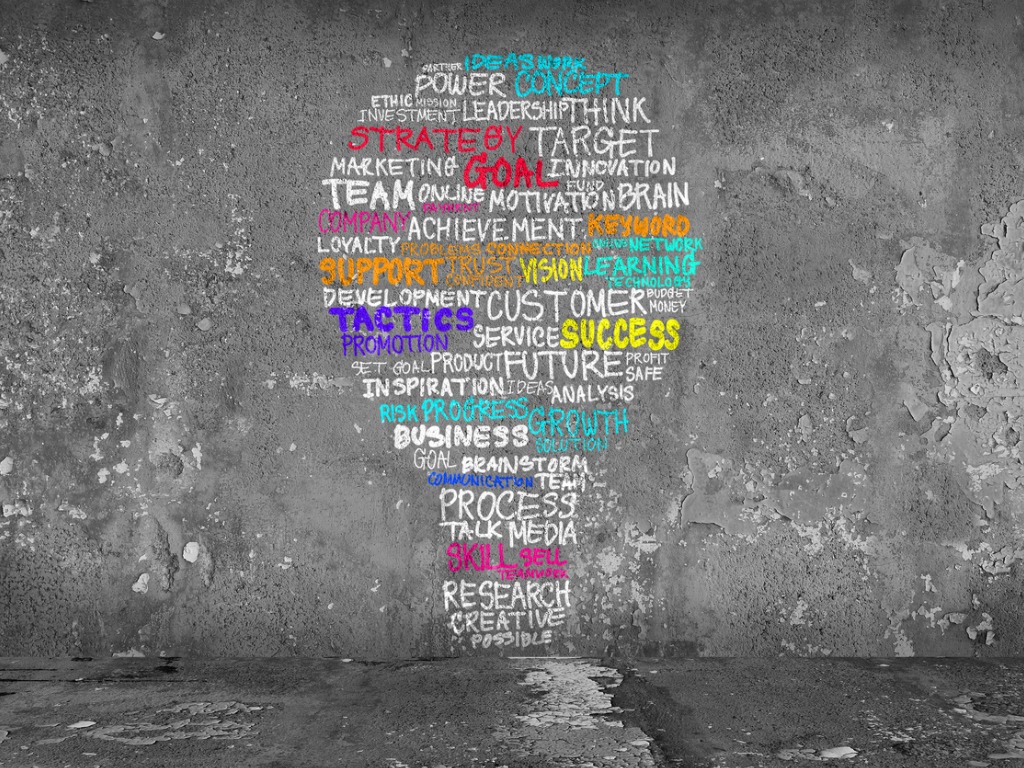
Business acumen is a set of skills that can be learnt and applied to the administrative professional role, explains Richard Arnott
We have all heard the phrase “business acumen” being bandied about, but what exactly is it and is it something that you should worry about in the administrative profession?
Firstly, I detest the use of the word “business” in “business acumen” for the same reasons that I dislike the term “strategic business partner” as opposed to “strategic partner”. Using the word “business” to me makes it sound as if it is all about for-profit organisations and excludes those who work for non-profit organisations, mutual organisations or governmental organisations. I would prefer “operational acumen” – but that’s just my little bugbear to carry around.
What Is Business Acumen?
Like most things, if you google “business acumen” you will get thousands of definitions and even more opinions, so I recognise that I am just one of those opinions. I thought, however, it would be beneficial to see if the concept of business acumen relates in any way to the administrative profession and, if so, in what way?
To me, business acumen is simply the ability to:
- understand how your organisation functions
- understand the issues being faced
- react effectively whenever necessary for the benefit of the organisation
Business Acumen Skills
I firmly believe that business acumen is a set of skills that we can learn. Some of us may be better learners than others and be able to apply our learnings differently, but I do not believe that people are born with natural business acumen skills.
So, what are these skills and how do they apply to you as an administrative professional?

Leadership
Top of the list for me is the ability to understand and display leadership skills. I am sure that you have read the many articles in past Executive Support Magazine issues about leadership. The common theme amongst them all is that leadership skills are not the private domain of the executives of this world. We can all demonstrate leadership skills enabling us to inspire, influence, motivate and build the trust of our colleagues, leading to a more effective and efficient working environment for all.
Financial Awareness
No, you do not need to be a qualified accountant or mathematical genius. You simply need to understand the basic financial drivers of your organisation or even just your own functional area. For example, do you understand the difference between financial accounting and management accounting, and which is more important for your executive?
Financial accounting
Financial accounting is outward-looking and is rarely confidential. It is primarily the snapshot in time where organisations want to look their best to the outside world. It includes the annual accounts produced for the investors and key stakeholders of the organisation. It tells the world where the organisation has been but does not particularly focus on the future.
Management accounting
Management accounting is what drives the organisation’s performance on a daily, weekly monthly and quarterly basis. It is confidential. Why would you share your organisational or departmental budget with your competitors? Management accounting is what drives all those meetings, the weekly results, the monthly results, the variances against budget and the KPIs (Key Performance Indicators).
Do you really know why your executive needs to develop a budget, and do you know what the budget is? Reading Budgeting Basics in the April/May issue and Beyond Budgeting: Is There Another Way? in the August/September issue is a good place to start.
To demonstrate business acumen, you need to show that you have a basic understanding of financial measures and the targets that your executive is working towards. What numbers do they fixate on and why? If you don’t currently know, then simply ask.
Organisational Awareness
Do you know how your organisation ticks, how it operates and where you and your executive fit in? In practical terms, what are the rules, the policies and the procedures that you must follow and why do you have to follow them?
Do you understand the big picture? If you don’t, it can lead not only to frustration but also to mistakes.
As an example, my father worked in a steel works company all his life. His job as a metallurgist was to ensure that the end products met the clients’ specification in terms of quality. I remember him telling me that the most frustrating thing for him was the number of errors because he was never allowed to meet the suppliers or the clients. He knew what to do in their isolated bubble halfway along the process but was not aware of the big picture and found it extremely frustrating. When he retired and visited me in Hong Kong, we organised for him to get a tour of the iconic Hong Kong & Shanghai Bank (HSBC) building. My father was the head of the team who designed the steel that holds the building together. The smile on his face was a sight to behold.

Critical Thinking and Decision Making
This is theability to analyse problems in a systematic way without allowing prejudices to guide your decisions.
Gather facts, ask for the data and look for trends
The best decisions are made once the problem has been properly analysed. I have seen too many mistakes in my career made by people who thought that they knew what the root cause of the problem was but did not.
Get to the root cause of problems and be able to link cause to effect
I use the 3C approach to problem solving:
CONCERN → CAUSE → COUNTERMEASURE
Basically: what is your problem? What is causing it? What countermeasures are needed to rectify the problem? The trick, though, is ensuring that all phases are linked, and that the countermeasure will solve the original problem.
Do not allow your own prejudices and beliefs to cloud your judgement
Also known as confirmation bias, we can easily make mistakes by hearing what we want to hear or only listening to those we like rather than those we dislike.
Finally, try to avoid being a victim of groupthink, where everyone goes with the herd and people do not speak up, as they do not believe that it is their place (unfortunately, a very common trait in the administrative professional world). Groupthink gets exacerbated when there is a dominant character in the room who controls the direction of the thinking and the outcome. You know who these persons are. Don’t let them do it.
Emotional Intelligence
Know yourself, recognise your own feelings and learn how to deal with them. Be aware of others and recognise how they behave and how you might need to adapt to work with them. There are many articles on emotional intelligence in Executive Support Magazine, so I am not going to go into detail here. To me it’s quite simple; we are all different and we all react differently to different situations. Understand that and you will make a difference.
Know Your Stakeholders
Your stakeholders are the people you deal with on a daily basis – your executive, your colleagues, other Assistants, clients, suppliers and very importantly, your family. Stakeholder management skills focus on how best to communicate with your stakeholders. What message are they interested in or what do you want to hear from them? What is the best way to communicate with them? Email, face to face, telephone? How frequently should you communicate with them and what level of detail is needed?
Be Aware
As an Assistant, you are in a privileged position and will see and hear things that many others in the organisation never do. Be aware of what is happening both internally and externally to the organisation. What are the pressure points? What is your executive losing sleep over? What can you do to help? Also be aware that sometimes you hear and know more about what is happening on the ground than your executive does. It is your role to keep your executive updated when you hear things that need to be dealt with.
In Summary
Business acumen is definitely a talent that is required of the modern-day administrative professional. Developing business acumen takes time and effort and varies from role to role. It is not an academic qualification but is a combination of skills that can be learnt over time. To me it’s not something you would put onto a CV. Although saying things like “understands the bigger picture and able to influence at all levels” is fine, using the words “business acumen” to me is a no-no. The best way to get the message over is through providing examples of what you have achieved and letting others be the judge.
Richard Arnott is the author and lead presenter of ACEA®, the Advanced Certificate for the Executive Assistant. To find out more about this globally recognised, certified and accredited training course please click here.














Extremely useful article. It is written in a simple way and is easy to understand and put in practice.
Thanks Julia.
Great article! Many useful tips and tricks. Thank you.
Thanks Kathy